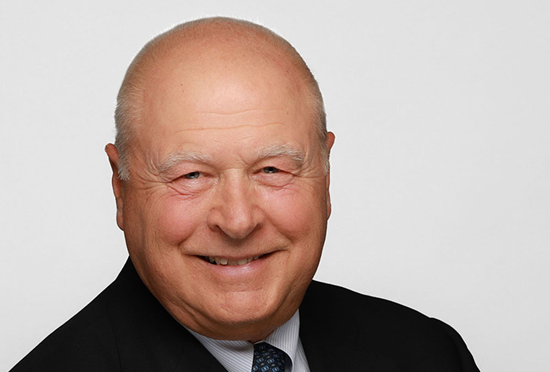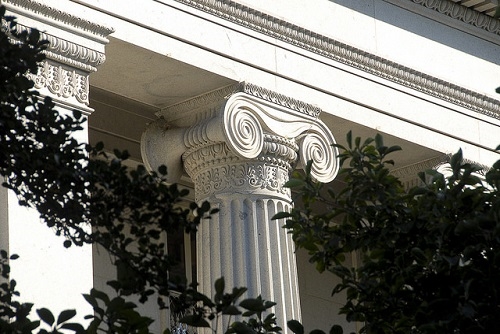No need for regulators to fear blockchain, says Euroclear

Regulators should not fear the use of distributed ledger technology (DLT) in the post-trade industry, according to experts at Euroclear, the world’s largest central securities depository (CSD).
Major banks, start-ups such and established market infrastructure firms including CSDs and exchanges are making large scale investments in DLT, known as blockchain.
Much of the attention is focused on cutting costs and improving efficiency in the unglamorous post-trade environment, the pipework of the capital markets where securities are settled and stored.
Euroclear, for example, is developing a system for settling gold trades using blockchain. Other firms, including UBS, are is working on a prototype virtual currency used to settle mainstream financial markets transactions.
However, the current regulatory and legal environment isn’t built to facilitate the wide-spread use of DLT in the post-trade space and regulators, including the FSOC in the US, are warning that blockchain potentially poses risks to financial stability.
European securities watchdog ESMA is also focusing on blockchain but has not yet taken a public position on the desirability or practicalities of using DLT in a securities post-trade environment.
“Our view is that regulators should not fear the use of smart contracts and DLT any more than any other automated computer-based process prevalent throughout the settlement industry - all of which are vulnerable to mistakes in the underlying coding architecture,” Paul Symons, Euroclear’s head of government relations, wrote in a recent whitepaper produced with law firm Slaughter & May.
“Key regulatory questions will be: In a distributed system, who should be held responsible for any operational failures in the blockchain? Where a mistake is spotted, how should it be rectified?” he added.
The house view at Euroclear is that DLT in securities safekeeping and settlement could yield substantial benefits including reduced settlement latency, reduced operational and custody risk, increased transparency and date securities as well as reduced intermediation of recordkeeping.
Euroclear's whitepaper argues that that use of blockchain by a CSD should not by itself trigger any specific regulatory approvals.
"In our view, CSDs could have an important role to play in a blockchain-based settlement system. As ‘custodians of the code,’ CSDs could exercise oversight of, and take responsibility for, the operation of the relevant blockchain protocol and any associated smart contracts."
However, CSDs must ensure that, irrespective of the technology they use, they continue to meet their existing (and numerous) regulatory obligations and standards under, in particular, the CSDR and the CPMI-IOSCO Principles for FMIs.
“We believe that there are two approaches which regulators could adopt now, whilst ensuring investor protection and systemic stability,” Symons added.
“First, a first ‘principles-based’ regulation may be particularly suitable at this early stage in the adoption of DLT, compared to ‘black letter law.’ Principles are more flexible and easier to modify in response to unforeseen issues as the technology beds in."
Secondly, and perhaps in parallel, Euroclear’s experts suggest regulators could also work with firms to foster disruptive innovation in this area and to help firms overcome the significant monetary, technical and regulatory barriers to wide-scale adoption of DLT in this industry.
Found this useful?
Take a complimentary trial of the FOW Marketing Intelligence Platform – the comprehensive source of news and analysis across the buy- and sell- side.
Gain access to:
- A single source of in-depth news, insight and analysis across Asset Management, Securities Finance, Custody, Fund Services and Derivatives
- Our interactive database, optimized to enable you to summarise data and build graphs outlining market activity
- Exclusive whitepapers, supplements and industry analysis curated and published by Futures & Options World
- Breaking news, daily and weekly alerts on the markets most relevant to you




